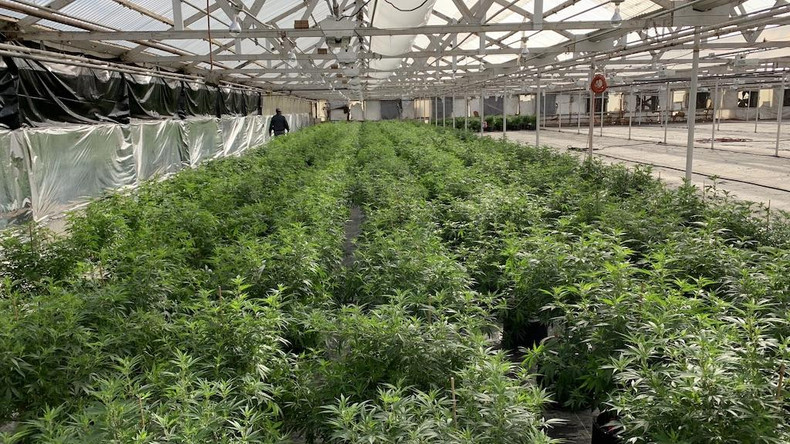Hemp has been utilized by humans for thousands of years, dating back to ancient civilizations in China and Central Asia. Historically, hemp was primarily used for the production of fibers, food, and medicine. However, with the advent of modern technology, the use of hemp in manufacturing has expanded significantly, offering a wide range of new applications and opportunities.
One of the earliest uses of hemp in manufacturing was for the production of paper. In fact, hemp paper was used in China as far back as 8,000 BC, long before the invention of modern paper-making processes. Hemp fibers are strong, durable, and absorbent, making them ideal for paper production. They also grow quickly, which makes them a more sustainable alternative to traditional paper sources like wood.
In recent years, hemp has become a popular material for the production of textiles. Hemp fibers are soft and comfortable, making them ideal for clothing and accessories. In addition, hemp textiles are naturally resistant to mold, mildew, and UV light, making them ideal for outdoor applications like tents, tarps, and backpacks.
Hemp has also found a place in the construction industry, where its strong, durable fibers are used to create building materials like insulation and composites. Hemp-based materials are environmentally friendly, as they require fewer toxic chemicals during the manufacturing process and have a lower carbon footprint than traditional building materials.
Another area where hemp is making a significant impact is in the production of bioplastics. Hemp is a highly renewable resource that can be used to create biodegradable plastics that break down naturally in the environment. This is a major step forward in the fight against plastic pollution, as traditional petroleum-based plastics can take hundreds of years to degrade and harm wildlife and the environment in the meantime.
The future of hemp in manufacturing is looking very promising. With advancements in technology and a growing demand for sustainable and environmentally-friendly products, it is likely that hemp will continue to play a major role in the production of a wide range of goods.
In the coming years, we may see hemp being used even more extensively in the automotive industry, where its lightweight and strong fibers can be used to create lighter, more fuel-efficient vehicles. Additionally, hemp-based bioplastics may become a major player in the packaging industry, as they offer a more sustainable alternative to traditional petroleum-based plastics.
In conclusion, the use of hemp in manufacturing has come a long way since its earliest applications in paper production. Today, hemp is being used to create a wide range of products that are both environmentally friendly and sustainable. With continued advancements in technology and an increased demand for sustainable products, it is likely that hemp will play an even greater role in the manufacturing industry in the years to come.

